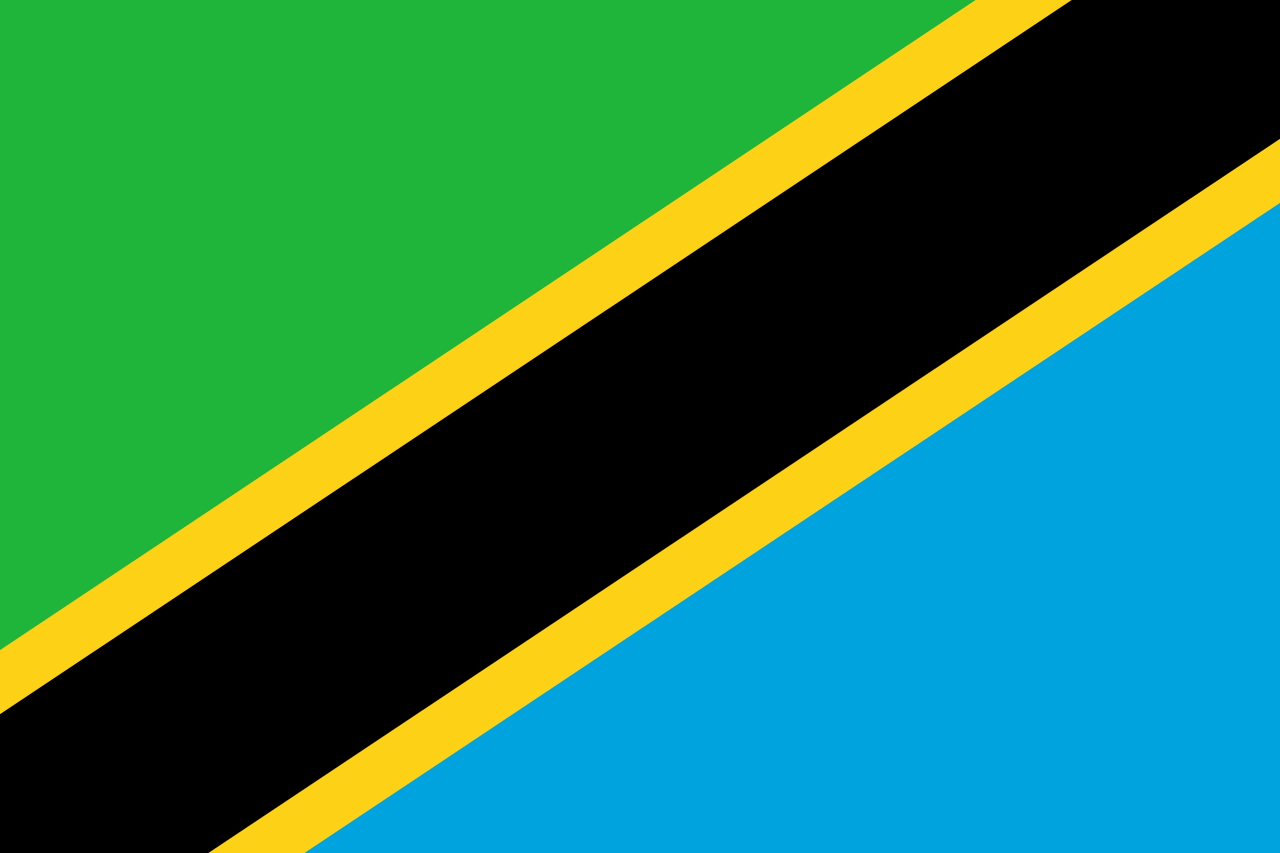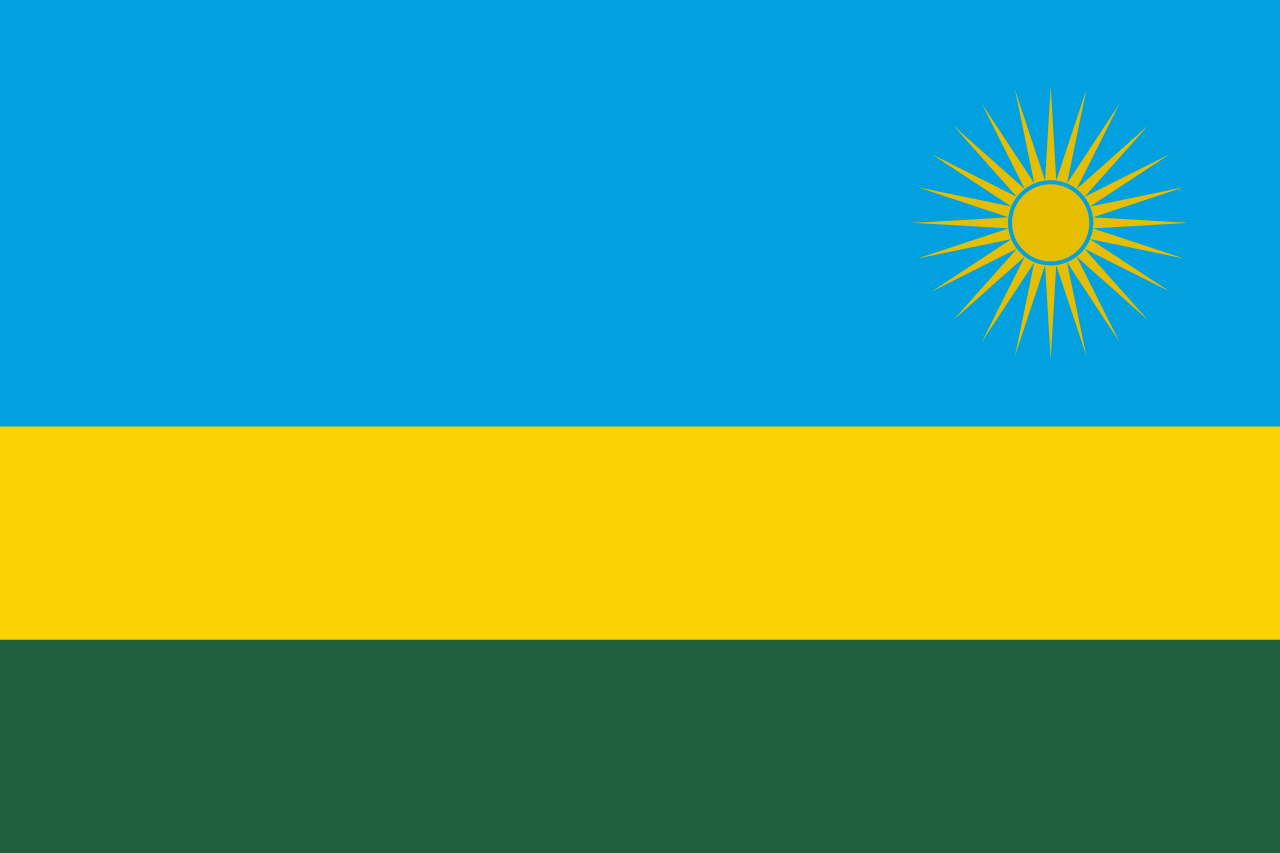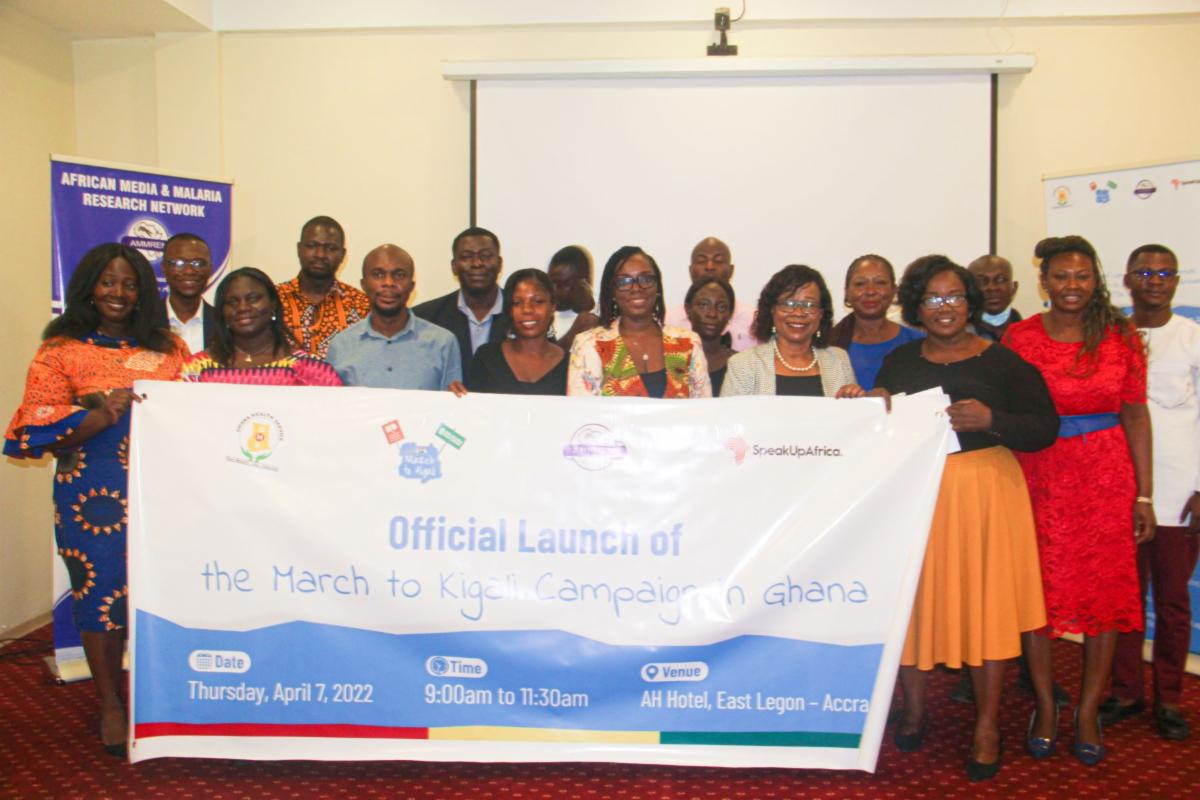- Details
- Julius Mbaluto
- World
- 637
Students from Qatar Academy Doha (QAD) learned about world issues during a trip to Tanzania, where they met local students to learn more about education, eco-tourism, and the Maasai culture.
It is the first time a Qatar Foundation (QF) primary school has made an international trip.
The QAD is a school under QF’s Pre-University Education.
Organisers of the trip, QAD homeroom teacher Hanifa Rahman and curriculum co-ordinator Savannah Spillers, were thankful that the student’s families had put their trust in the school.
“Both the children and their parents were out of their comfort zones during this trip, and really pushed their boundaries,” said Spillers. “None of the students who came on this trip had ever been to Africa, so it was a thrill that they all got to experience something they’d never done before.”
The 18 students, with chaperones from the school and several parents, visited schools run by Africa Amini Life in Momello, which is built on Maasai land in Tanzania, and run by the Maasai people.
The students were welcomed with a traditional Maasai dance, and learned about the Maasai tribe and their culture through stories, a spear throwing activity, and arts and crafts.
During their visit, students met children from the local community at their primary and secondary schools to talk about the differences in their cultures, schools, and how they learn, as well as take part in several activities together.
One activity involved students from the QAD and Worseg Vision English Medium Academy primary schools creating artwork that resonated with each of them, showing both Maasai and Qatari heritage and lifestyles, as they discussed the differences and similarities.
The QAD students left the paintings at Worseg, where they are on display in the classroom as a reminder of their trip.
They also participated in a football match with a local team that was started by a teenager to help the community, and shared t-shirts and school supplies they had brought from Qatar as gifts.
The local students prepared a special traditional lunch for their visitors, which took place under the Africa Amini tree.
Curriculum co-ordinator Spillers is proud of how the students bonded with the Maasai people immediately, saying: “They were so energised and captivated by the Maasai culture and how they live so simply yet being completely self-sustained, recycling and growing their own foods, herding their own cattle – worlds apart from our lives in Qatar.”
“The children were so respectful and the Maasai were so happy, it was fantastic,” she added.
Student Hind al-Mutawa said: "My overall experience was amazing. The highlight of my trip was visiting the school, as well as learning about the Maasai culture and seeing the differences between their (way of) living and ours."
Describing the positive impact the trip had on her, and how the experience has given her new insight into how differently people can live, student Shaha al-Thani said: “I’d like another trip where we can learn more about other cultures and support little children because I saw how happy it made them seeing us.”
The most important thing the students learned was about the Maasai’s eco-tourism, sustainability concepts and plastics initiative: even plastic bags are banned in Tanzania, which is something the Qatar authorities recently announced.
All the plastics they have are recycled at their senior school, and go straight back into the community.
From beads for bracelets, to buttons, to the rulers they use in classrooms, there is no waste, and the QAD students were excited by the endless possibilities that type of sustainability could offer, discussing how they could implement it on their return to Qatar.
“The kids are at an age where they can have an impact, and that’s what we wanted them to recognise,” homeroom teacher Rahman said. “They have a voice, and they can make change – they’ve experienced it now, and know they can make it happen in the future.”
The students also took part in a safari and game drive during a visit to Ngorongoro Crater, the world's largest inactive, intact and unfilled volcanic caldera, and reflected on wildlife conservation and what they can do as individuals – and as a class – to help save the planet.
Rahman believes that the students were upskilled in so many ways during the trip, through learning about photography, sustainability, recycling, new cultures, and even the arts and crafts they took part in.
She also believes that children are children wherever they grow up, and that learning without walls and boundaries both in and out of the classroom is important to their development.
Spillers agreed, saying: “My favourite part of the trip was the growth I saw in our students. They really developed a newly found empathy and care for those who live in different circumstances.”
“I think they brought that back with us, along with memories that I’m sure will last a lifetime, and appreciate their own lives more now,” she added.
Student Tamim Joaan al-Thani was inspired by the trip, saying: “I learned that not everything can be easy. This was one of the best experiences ever and it’s definitely a place I want to visit again.”
“I think our visit helped them as we gave them school supplies, but we definitely learned more from them,” he added.
While the trip was the first of its kind with a QF primary school, its success with students and parents alike means there are already plans being discussed for a similar trip to take place next year, something Spillers looks forward to.
“I’ve already had parents tell me how wonderful the trip was,” she said. “I’m excited that parents see the benefits of school trips like this, and I hope it’s the first of many more to come.” - Gulf Times









